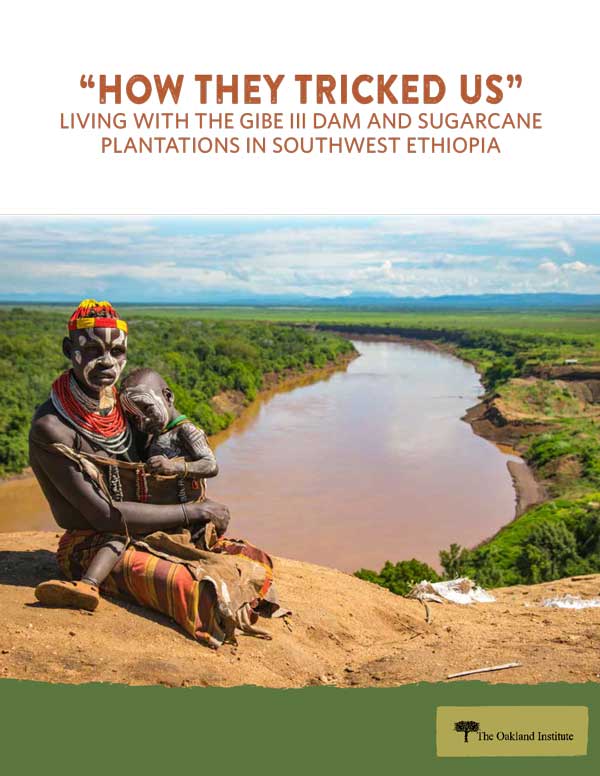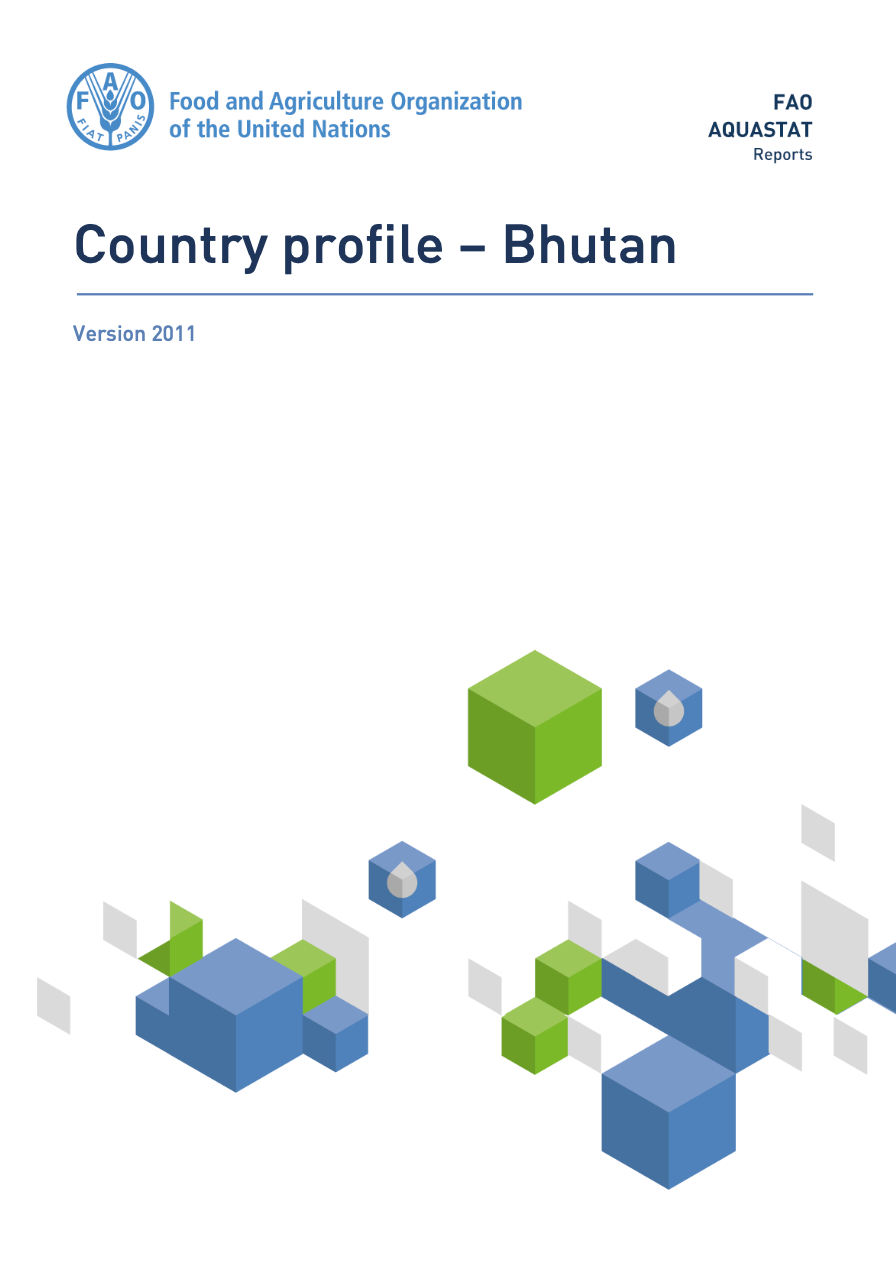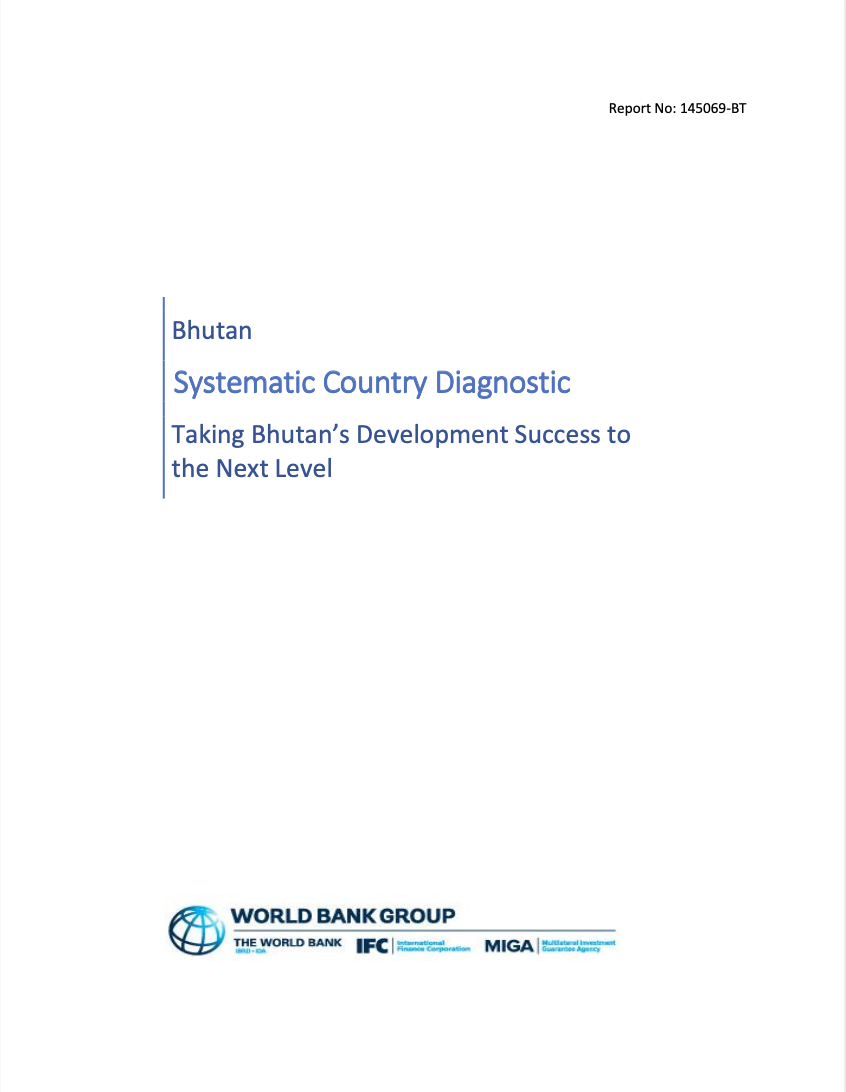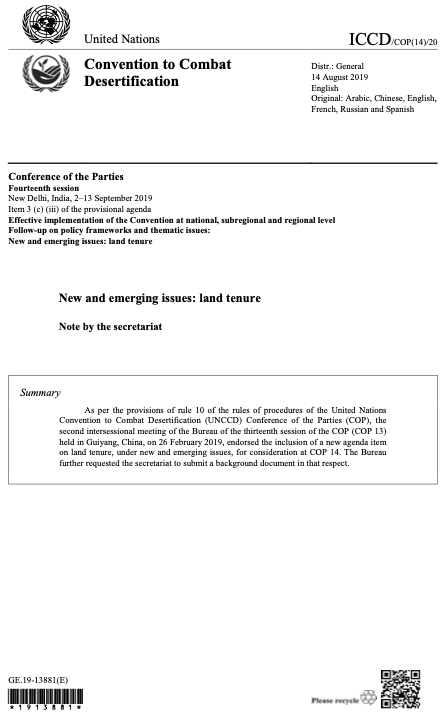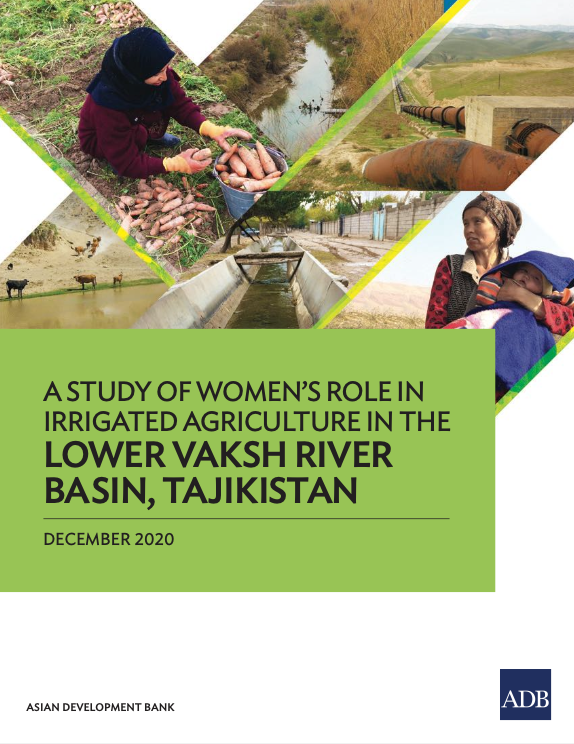Understanding Desertification and Land Degradation Trends. Proceedings of the UNCCD First Scientific Conference, 22–24 September 2009, during the UNCCD Ninth Conference of Parties, Buenos Aires, Argentina
The UNCCD is unique as the only global policy body focused on combating desertification, land degradation and drought, which I will call “DLDD” from now on. The UNCCD recognizes the need to improve the scientific basis supporting its work. It has given us the responsibility of re-invigorating that scientific process.
A successful conference will go a long way towards the renewal of the UNCCD, as called for in the UNCCD’s
10-Year Strategy.


